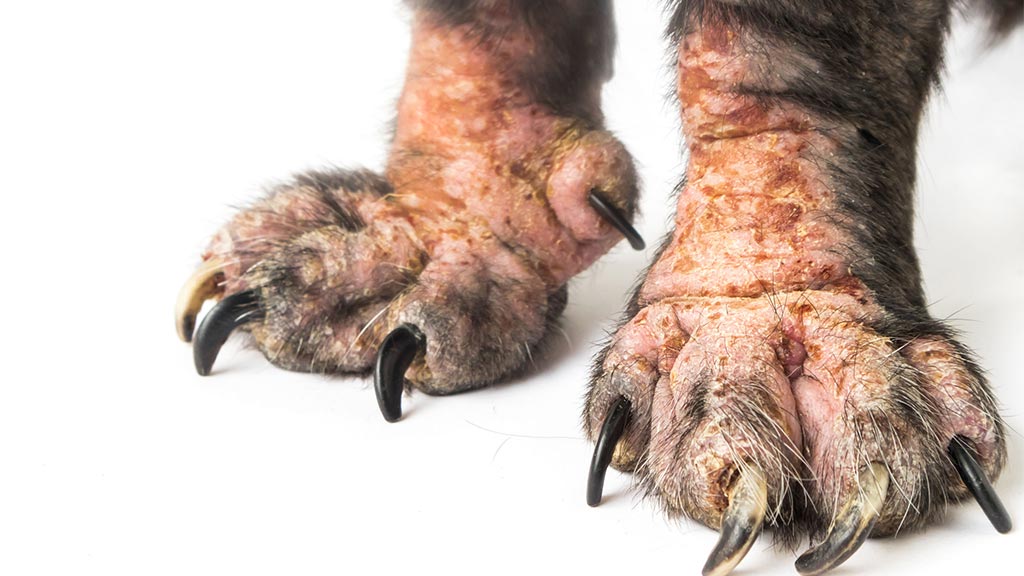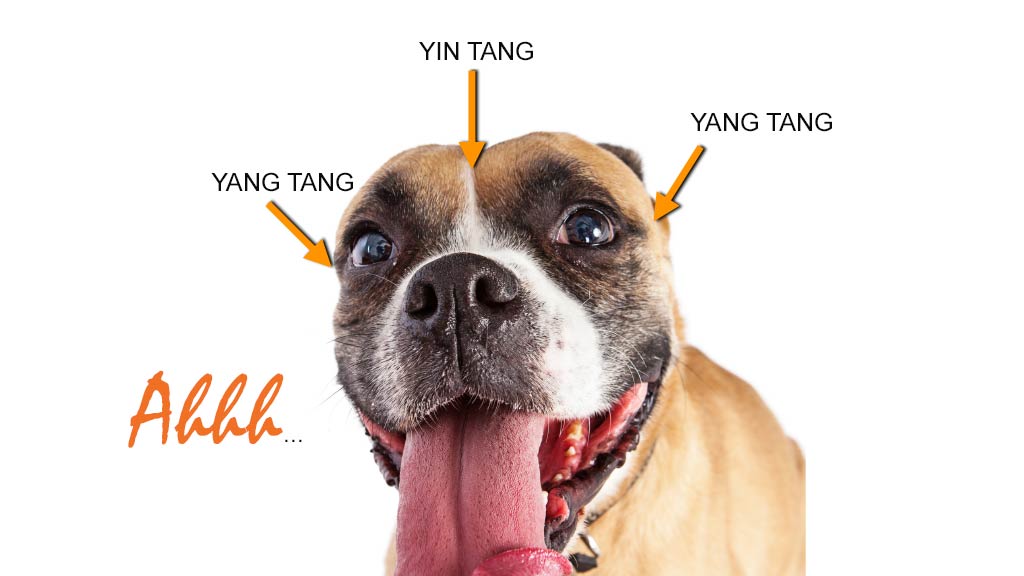More than 200 cases of Canine Infectious Respiratory Complex have been reported across 4 states since October, but experts believe that cases are more widespread. Rockland County veterinarian, Howard Gittelman, has released this statement to explain more about the disease and how pet owners can safeguard against infection in their dogs.
What is Canine Infectious Respiratory Disease Complex?
Canine Infectious Respiratory Disease Complex commonly abbreviated as CIRDC and colloquially known as Kennel Cough, is a common condition affecting our canine friends. It is caused by any of a number of infectious agents including viruses and bacteria. The number of agents continues to grow each year as new outbreaks, such as the one reported in Oregon, surface. Currently, the number of agents commonly identified is up to nine, but that list is expected to grow.
Which Dogs are at Risk?
Dogs at highest risk are those that frequent facilities where dogs are housed in closed confines such as boarding kennels, doggy day care facilities, and grooming parlors. The disease is spread by aerosolized particles that travel as far as 26 feet when dogs sneeze or cough and which can stay suspended in the air for as long as an hour. Dogs of any age are susceptible to illness, but older dogs and those with pre-existing medical conditions are most at risk of severe infection and secondary complications.
What are the Signs of Canine Infectious Respiratory Complex?
Clinical signs are sneezing, coughing, runny eyes and/or nose, lethargy, decreased appetite and, in more severe cases, difficulty breathing. Death is rare, but similar to COVID, the patients most at risk are the old, infirm, and immunocompromised patients.
What Causes Canine Infectious Respiratory Complex?
The agent responsible for the current outbreak in Oregon and similar cases found in patients in Florida, New Hampshire, Colorado, is not known, but recent studies suggest it is a bacteria-like organism. More work needs to be done to identify it and to determine the best course of treatment for infected patients.
What to Do to Protect My Dog From Canine Infectious Respiratory Complex?
Firstly, don’t panic. Canine Infectious Respiratory Complex is not a new disease, though the current strain does seem to be more contagious and problematic in older dogs or dogs with pre-existing conditions. The vast majority of typical cases of Canine Infectious Respiratory Complex resolve on their own, though any pet that seems noticeably impacted by the illness should be seen by one of our veterinarians for treatment to mitigate symptoms and reduce chances that the condition will worsen.
How to Keep My Dog Safe from Canine Infectious Respiratory Complex?
Upper respiratory infectious are tough to avoid, especially during outbreaks. Still, you can lower risk of infection by adopting these measures:
- Keep your dog away from other dogs showing clinical signs.
- Limit your dog’s exposure to dogs of unknown health status.
- For now, reduce your dog’s contact time with large numbers of unknown dogs. Avoid taking your pet to doggy day care or boarding facilities. If you must board, it would be safest to have dog walkers come to your home or ask a friend to dog sit.
- Avoid things like communal water bowls in parks that are shared by multiple dogs.
- If your dog is sick, please keep her away from other dogs. Consider getting her tested to determine the best course of treatment.
- Consider a vaccine. Lifestyle plays a big part in determining which respiratory vaccines are right for your dog. Reach out to us and we will help you make the right decision.
For more information visit Respiratory Disease in Dogs Sweeping Across the US and Canine Respiratory Disease Outbreaks









